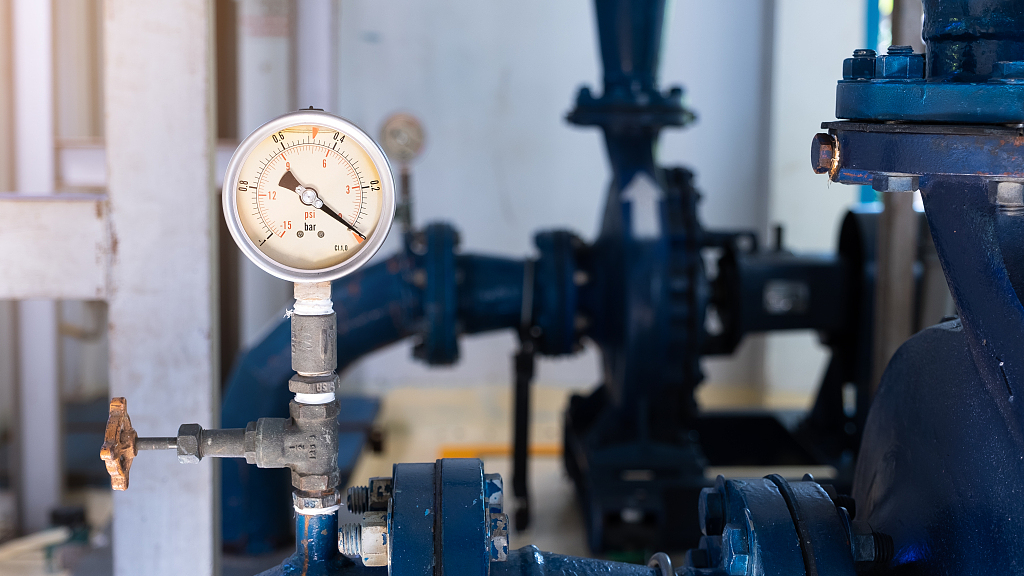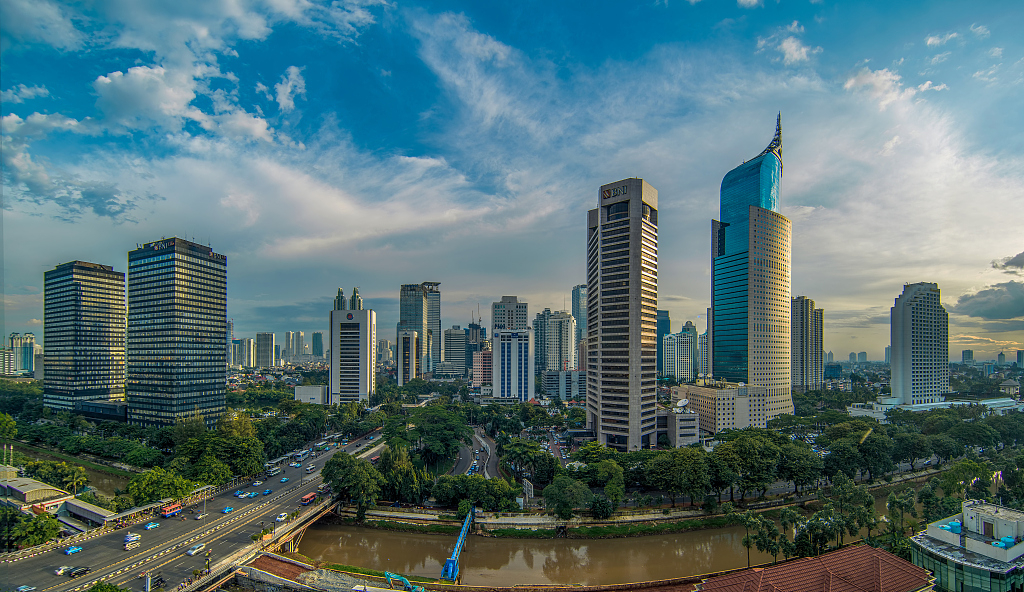
Indonesia, the world's second-largest producer of plastic waste, has been struggling to manage the problem for years. A new invention offers the country a glimmer of hope, The Interceptor is currently going through a trial period in Jakarta's rivers that, if successful, could massively support the government's goal to reduce marine waste drastically by 2030.
Developed by Dutch entrepreneur Boyan Slat, it is designed to prevent waste from reaching the oceans.
This specific device is called the Interceptor 001, a prototype designed for Jakarta's rivers.
"I think the work with the plastic interceptors from the government with the Ocean Clean Up is an initiative that we should do in Indonesia as a way to clean up the rivers and the oceans but the most important thing is we must do something at the upstream level also, so not just cleaning up the rivers but you have to make sure that we stop the dumping of plastic waste in the rivers in the first place," said Muharram Atha Rasyadi, urban campaigner at Greenpeace Indonesia.

A view of Jakarta. /VCG Photo
A view of Jakarta. /VCG Photo
Research conducted by The Ocean Clean Up found that 80 percent of plastic waste in the sea comes from 1,000 of the most polluted rivers in the world… and more than 80 of them are in Indonesia.
The country is working towards a vision to reduce plastic waste by 70 percent by 2030. This device, which can remove more than 2 tons of waste in just one day, could help it reach that goal faster.
So far during its trial period, the Interceptor has reduced the amount of waste that goes into the sea by at least 60 percent.
"The plastic problem in Indonesia is very massive and we are in a critical situation for now. Indonesia is nominated as the second-worst plastic polluter in the world's oceans and also I think if we take a look at Jakarta, we can produce 7,000 to 8,000 tons of waste per day," said Rasyadi.
Most of the plastic waste found in the city's rivers are from bottles or shopping bags.
Safri Burhanuddin, deputy minister of science and technology in the Ministry of Maritime Affairs, said, "If we cannot handle this one properly, the plastic will become decomposed and become micro-plastic and that becomes a problem and it harms the people."
This invention is not only stopping waste from reaching the oceans, it's also helping to clean up Jakarta's rivers and canals, an important part of waste management in Indonesia.